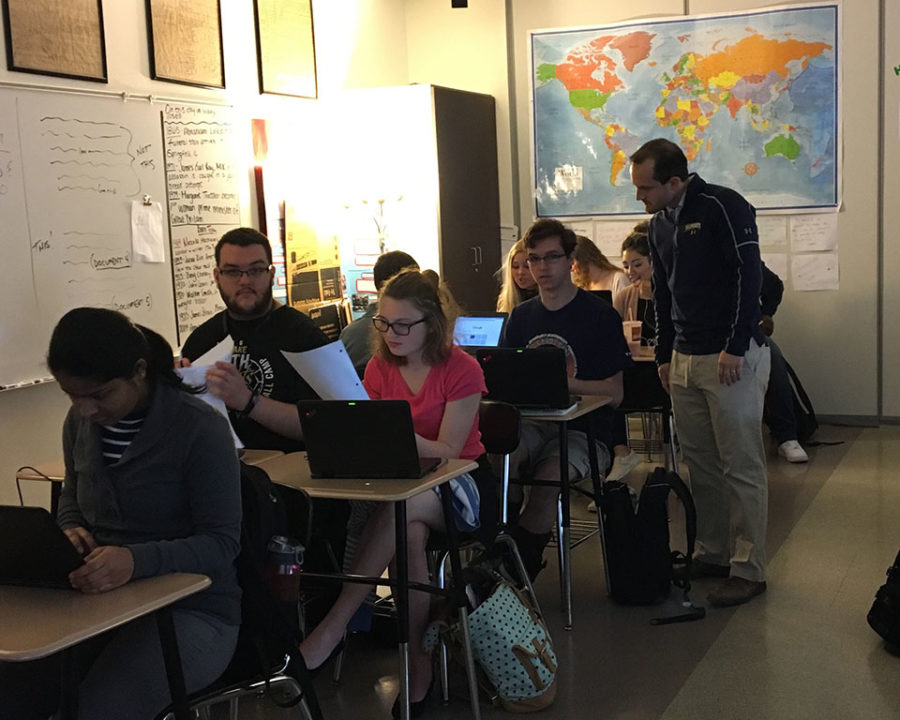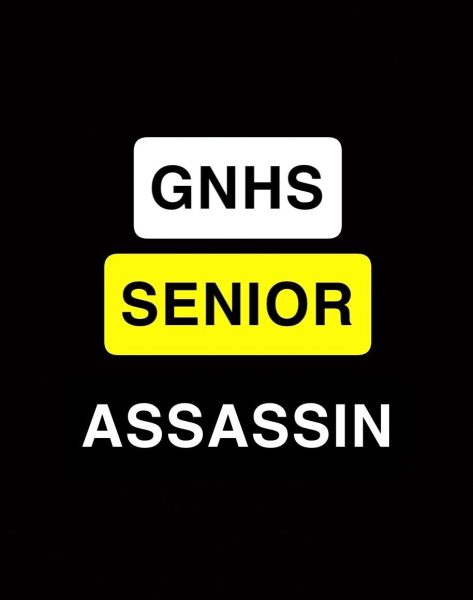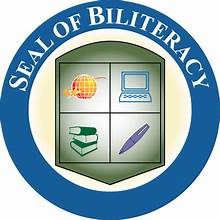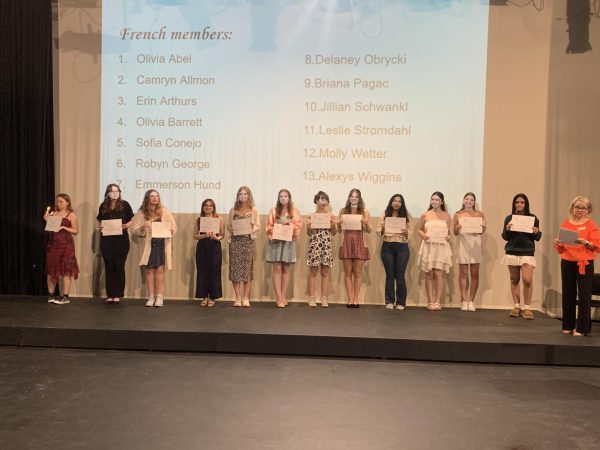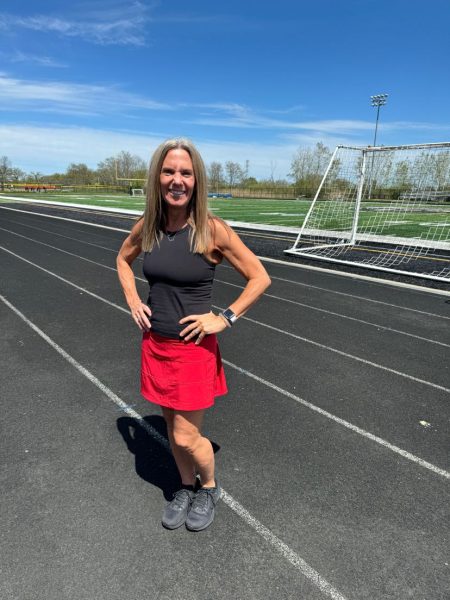History teachers individualize classes for students
Every student has a different learning style, and the U.S. history team, Roxanne Bristow, Emily Hinz, John Kent and Tim Sermak, are continuously trying to find new ways to personalize education that will hopefully reach the needs of all students in U.S. History.
For a long time, students were taught by reading textbooks and taking notes, which is a method that has become obsolete in today’s society.
“I think what we are trying to do is connect what students are interested in to the standards that they have to demonstrate,” Sermak said.
Common Core has been focusing on how to prepare students better for the 21st Century challenges, which will further develop their skills in English, math, social studies and science.
“Knowing the history of a country is important and what is going on in their society is important, and that is where the content standards come in. So our team is trying to move beyond that in measuring those standards,” Sermak said.
There are many differences year to year, specifically the students and what they do and do not know, so U.S. History teachers are not all doing the exact same thing in order to find what will be the most beneficial. However, there is not much of a difference in what the U.S. history team’s goal has been.
“I don’t think that there is too much of a change – U.S. history students have been doing History Fair for 8 years now at GNHS and have found great success through independent research. We have been shifting toward a more student-centered, independent research based class for many years,” Hinz said.
Consistently, the social studies department has been shifting towards a more independent research based class for years, however, there has always been an ongoing commitment to supporting students.
“In general, as a social studies department, we are trying to move toward more “authentic” experiences in the classroom – things that people do in the actual fields we’re studying. For example, historians don’t just read about history from a textbook, they find multiple sources, they look for different perspectives. They find evidence and make arguments, and they present information in an interesting way that makes history come alive,” said social studies department chair Chris Kubic.
Although not every student wants to necessarily go into a history related field for their career, the skills they learn in U.S. History will benefit them in any career they find themselves in.
“We know that not every student wants to be a historian. And that is okay! We want U.S. History to be less about memorizing and remembering basic information. With the technology we have at our fingertips today, anyone with a smartphone can look up information they need to know very quickly. If we can help students think critically and evaluate the information that’s out there, and do their own research, those are much more valuable skills for every student no matter what career path they choose,” said teacher Robert Nicoletti.

